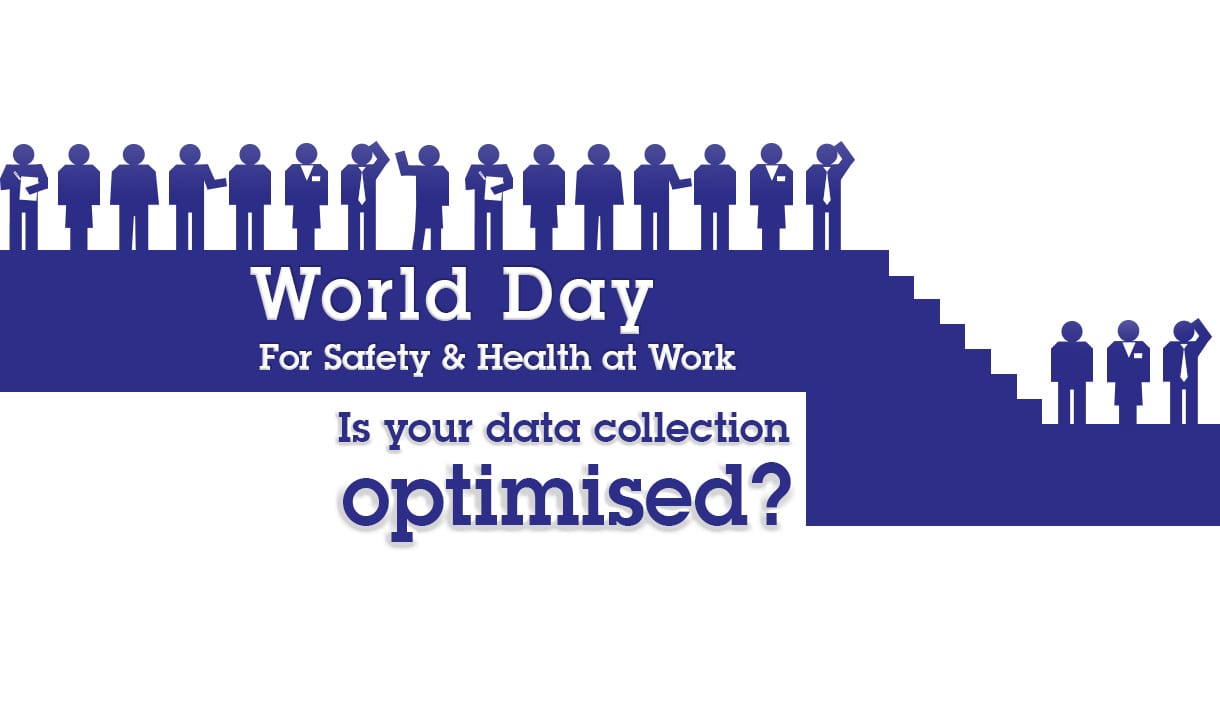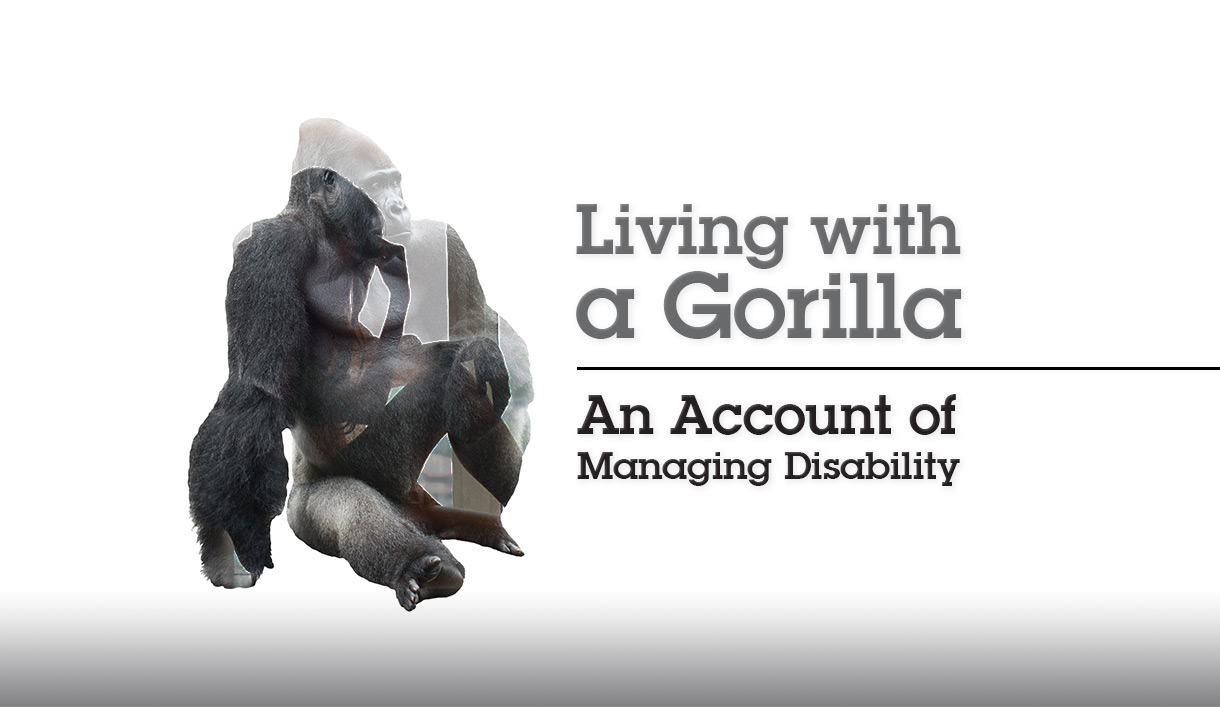Adapting work to accommodate a Chronic illness
Chronic illness – Don’t battle it alone
Suffering from a chronic (long-term) illness is hard enough especially if it is unpredictable like Multiple Sclerosis or arthritis. However, there are some considerations you as an employee will need to make – most likely at a time when you already feel vulnerable and disheartened.
You could find that you are already experiencing difficulties with your job and the most important thing you can do is communicate with your employer as early as possible. It could be that the job itself causes your condition to get worse through physical exertion or stress.
Some advice I came across recently is the four P’s:
- Problem solving – can you do things differently e.g. take regular breaks, shuffle your working day around
- Planning – set targets throughout the week and space out any demanding jobs so that they do not all come at once
- Prioritising – work out what needs to be done most urgently and can you get help with it?
- Pacing – be proactive and take regular breaks before your pain or fatigue levels tell you to!
The Equality Act 2010 states that employers cannot treat a disabled person differently because of their illness and they are required to make “reasonable adjustments”. This can involve flexible working hours, equipment to assist you in your duties and swapping certain tasks with other staff members. However, you need to ensure you speak regularly with your manager. Employers cannot help if you do not let them know what you are struggling with. Some larger employers may arrange for a workplace assessment by an Occupational Therapist to ensure that they do all they can to assist.
You will no doubt need time off for appointments and your Employer should be sympathetic to these requests – try and arrange them at either end of the day to reduce any impact on working hours.
Whilst the temptation is to “battle on” you may need to accept that some tasks are no longer viable and by not seeking help you could not only make your condition worse, but you may be endangering other people’s health and safety. Communication is the key here and you may find that through effective discussions, you can keep working for longer than you realised.
Victoria Hughes







Leave a Reply
Want to join the discussion?Feel free to contribute!